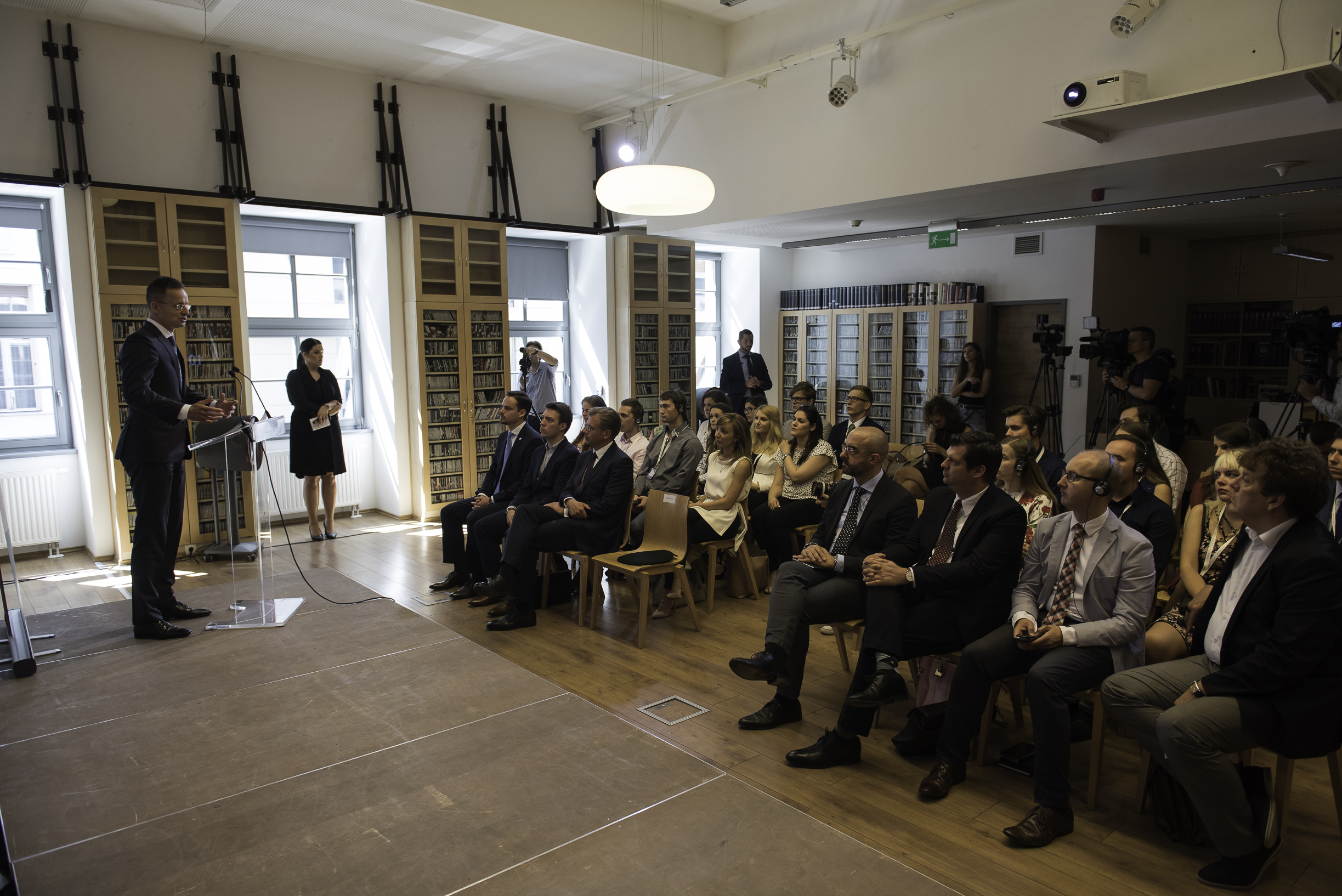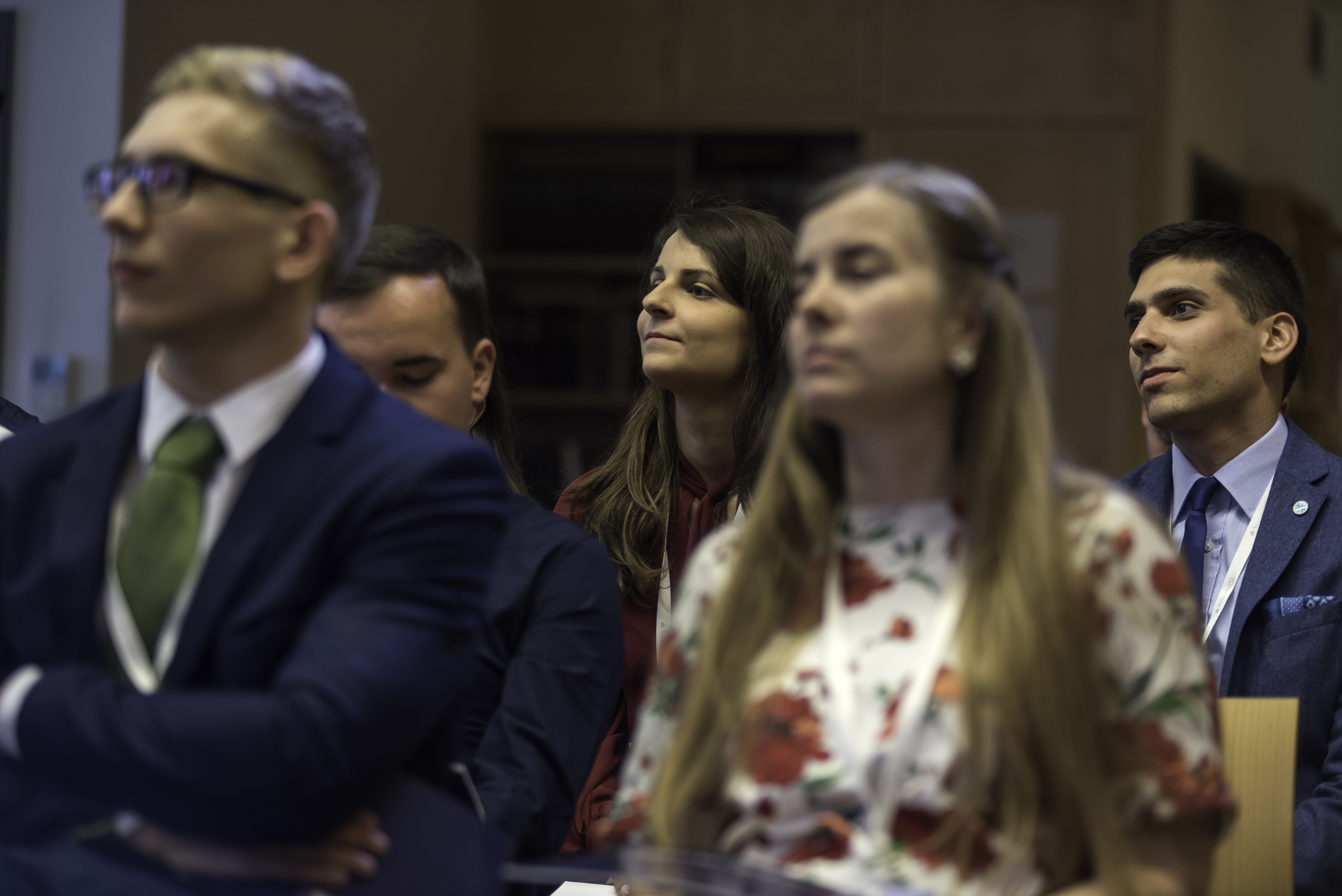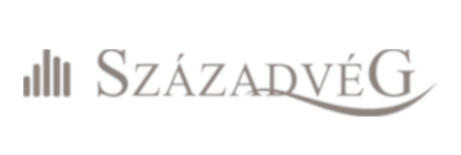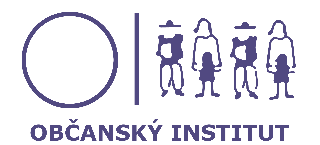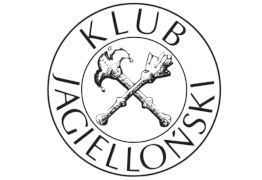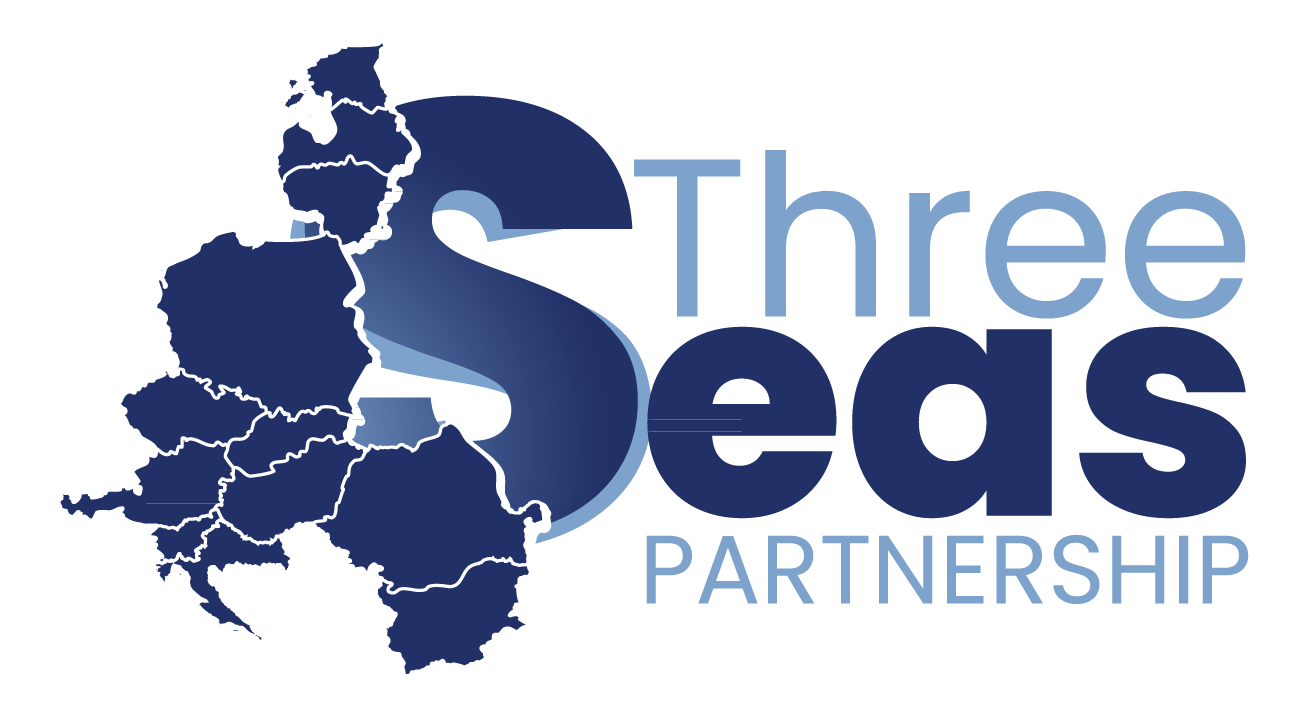NEWS
Date: 25 July 2018
Századvég Summer School – Summary
On 8 – 14/07/2018, the Századvég Summer School, initiated by the Századvég Foundation, was held. The goal of the project co-organized by the Warsaw Institute was to create a space for dialogue between the youth leaders of the Visegrád Group countries and a discussion on the future challenges facing CEE. The project was financed from the Visegrád Fund.
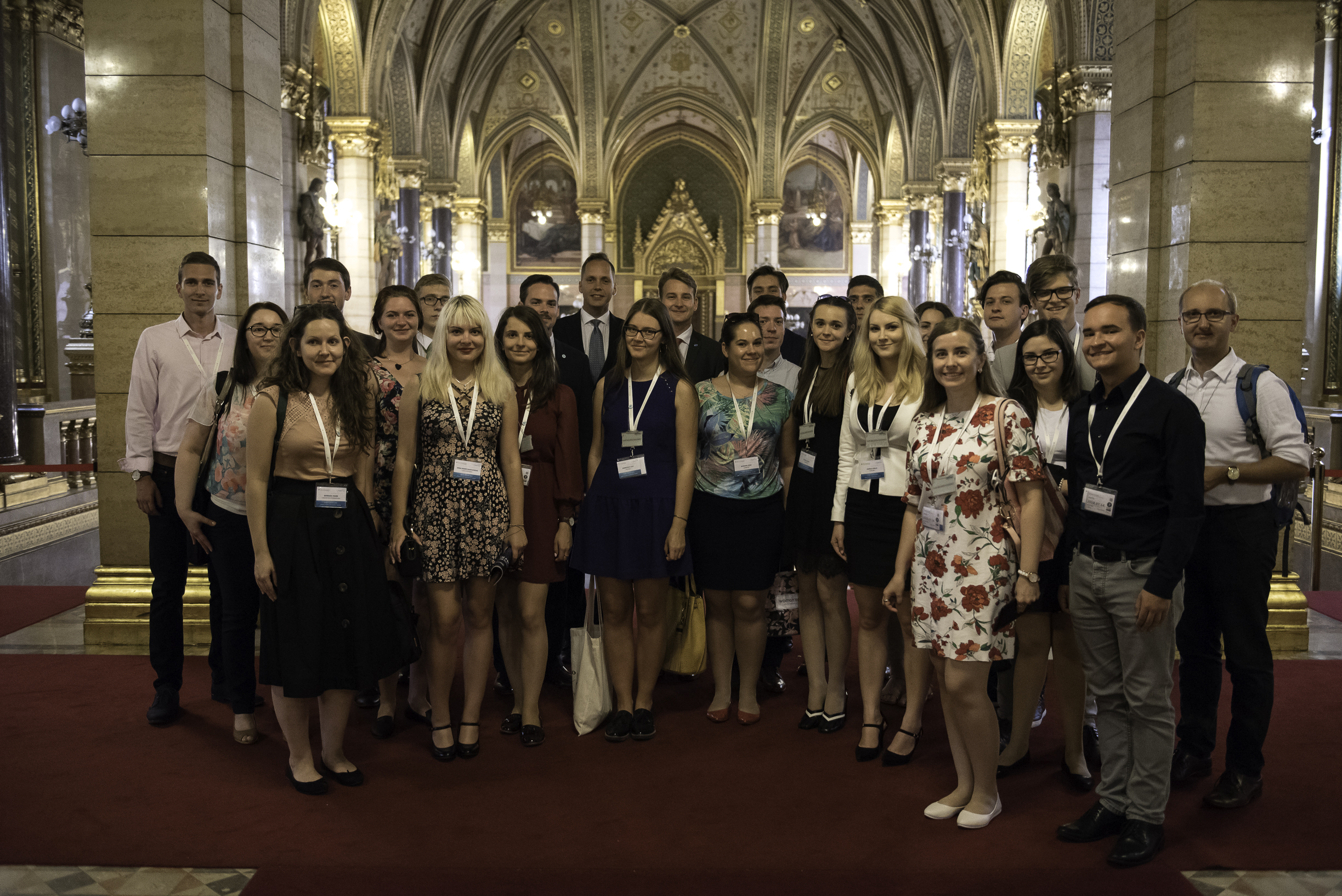
All events took place in Hungary. The schedule included a series of trainings, lectures, workshops and meetings with experts. An additional element making the project even more interesting was the opportunity provided by the organizers to learn about many interesting historical places and to gain knowledge about Hungarian culture. Budapest was the main but not the only place where trainings took place. The program was attended by participants from the Visegrád Group countries: the Czech Republic, Poland, Slovakia and Hungary.
On Sunday, July 8, the participants were greeted in the Hungarian capital at a gala dinner by Zsolt Barthel-Ruzs, chairman of the Századvég Foundation. On Monday, the first day after arrival, participants had the opportunity to listen to the lecture of the Hungarian Minister of Foreign Affairs and Trade – Peter Sijjarto. Then they took part in a panel discussion “Europe in decline? – thoughts about the future of Europe. ” Speakers in the debate were Zoltan Kovacs – spokesman for the Hungarian government, Marton Schoberl – deputy secretary of state in the Hungarian Ministry of Foreign Affairs and Trade, Marcin Kędzierski – program director of the Centrum Analiz Klubu Jagiellońskiego and Ferenc Miszlivetz – sociologist. On the same day a lecture entitled “How the V4 nations see the future of Europe – Results of the Project 28 Survey in 2018”. During the lecture, scientific studies on the perception of the future of Europe by the Visegrád Group countries were presented. The author and lecturer of the lecture was the director of foreign affairs at the Századvég Foundation – Gergely Berzi. The last point of the program of the day provided for visiting the Hungarian parliament.
The main topic of the next day of the project was migration. Lectures took place at the Institute for Migration Research in Budapest. The training day was opened by the welcome speech of Sándor Gallai, the managing director of the Institute. After the speech there was a panel discussion entitled “Local support instead of open borders”. The main discussants were: Gergely Szilvay, journalist and publisher at Mandiner, Istvan Kovacs, director for strategic matters in the Center for Fundamental Rights and Marek Degro, director of the Anton Tunega Foundation. In reference to the main topic, after the panel discussion there was a lecture by Deputy Director of the Institute of Migration Research Szabolcs Janik. The lecture concerned the policy of states related to border protection. After fruitful lectures, the participants had the chance to get to know Budapest better: they visited the Museum of Military History and visited the Hospital in Skala – the Museum of the Fallout Shelter.
Visegrád was the place of activity on the third day. On this day, the participants took the floor. Each country, through the participation in the program, was to hold a presentation about the role of their country in the Visegrád Group. After presenting each of the teams representing individual countries, participants visited the castle in Visegrád. Then they visited Szentendre, located nearby.
The program of the fourth day of the trip was focused on the economy. Participants were greeted by the executive director of the Central Bank of Hungary, Daniel Palotaia. After the official opening, a panel discussion began on which countries actually contribute to economic growth and which benefit from it. The debate was attended by: Gyorgy Barcza, CEO of the Government Agency for Debt Management, Zoltan Pogatsa, economist and university lecturer, and Martin Vlachinsky, an INESS Institute Analyst. Then there was a lecture by the secretary of state in the Hungarian Ministry of Innovation and Technology, Laszlo Gyorgy. On that day, the participants also visited the Museum of Terror and met with the Director of the Museum – Maria Schmidt.
On the last day of the trip the participants went to Somlovasarhely. On the spot they visited the winery and had the opportunity to try the wines produced there. In Somlovasarhely there was also a discussion on the participants’ assessment of the trip. Participants of the discussion exchanged insights about the trip and future cooperation between non-governmental organizations in the V4 group.




